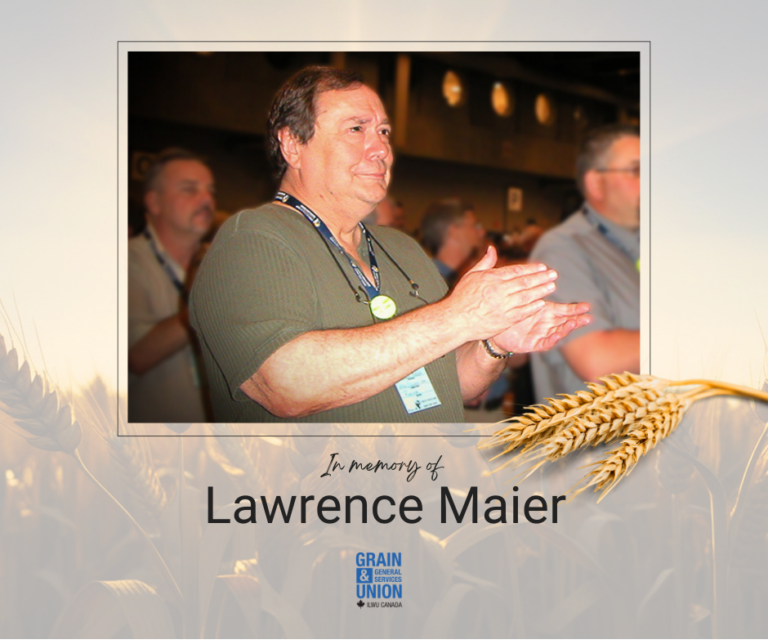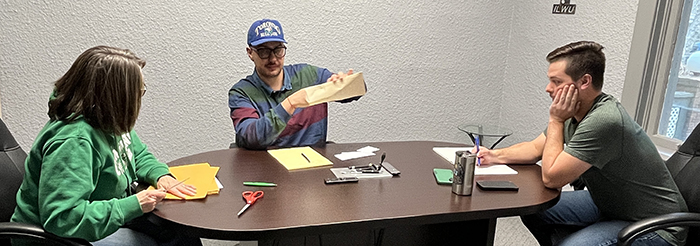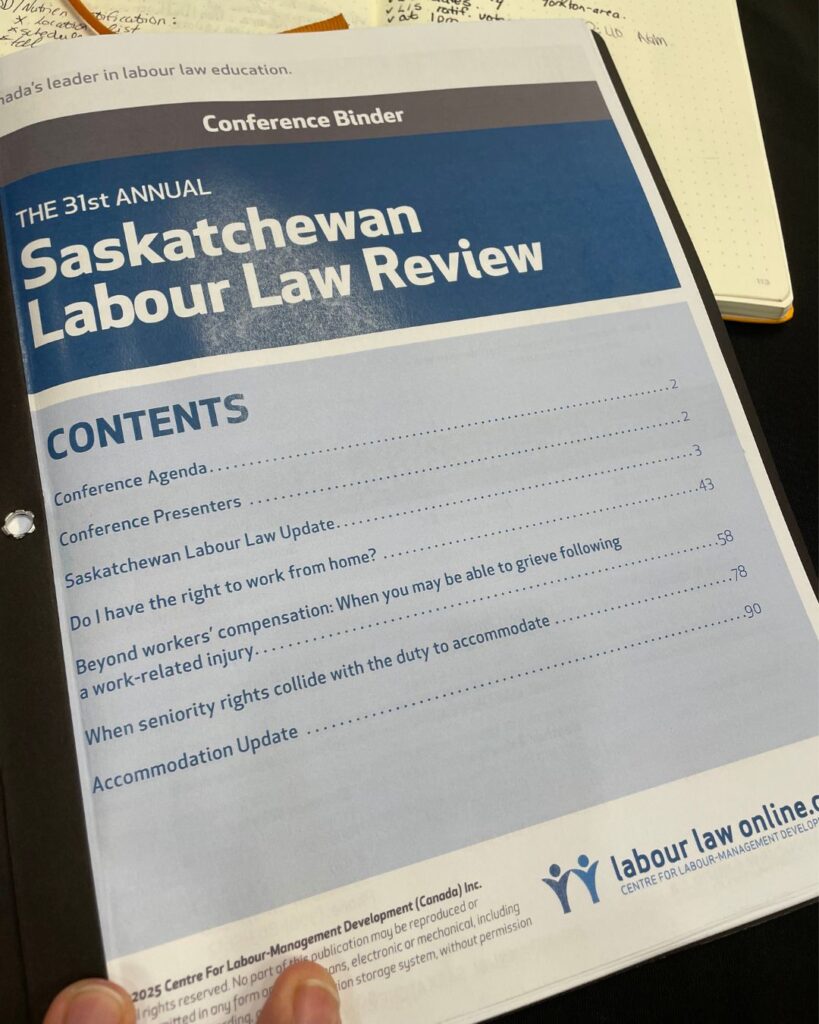The Government of Saskatchewan’s Ministry of Labour Relations and Workplace Safety invited GSU and other stakeholders to provide input on a review of the labour relations provisions of The Saskatchewan Employment Act (SEA). The province says the review is part of its commitment to ensuring employment laws remain fair, balanced, and reflective of modern workplaces.
Submissions were due December 4, 2025.
GSU General Secretary Steve Torgerson has responded on behalf of the union, outlining several important updates that would strengthen workers’ rights and bring Saskatchewan in line with best practices across Canada.
What GSU is calling for
1. Return to card-check certification
GSU is urging the province to adopt automatic or “card-check” certification, where a union is certified once a simple majority (50% + 1) of workers sign membership cards. Torgerson notes that the current mandatory vote process allows employers time to launch anti-union campaigns, undermining workers’ rights to freely choose union representation.
2. A ban on replacement workers
GSU recommends prohibiting employers from using replacement workers during legal strikes or lockouts—an approach recently adopted in Manitoba and under federal law. Torgerson argues that allowing replacement workers removes the economic pressure needed to reach fair settlements and weakens the constitutionally protected right to strike.
3. Ten days of paid sick leave
Saskatchewan currently has no minimum requirement for paid sick leave. GSU is urging the province to implement a standard similar to the federal model—10 paid days per year—to reduce illness transmission, support public health, and create more equitable workplaces, especially for low-income and precarious workers.
4. A narrower, clearer definition of essential services
The submission calls on the province to align its definition with international standards so that only services necessary to prevent danger to life, health, or safety are deemed essential. Overly broad definitions, GSU argues, significantly restrict the right to strike and tilt the balance of power toward employers.
Building a stronger, fairer system
“None of these recommendations are radical,” Torgerson notes. “They reflect approaches already working well in other Canadian jurisdictions and would modernize Saskatchewan labour law while ensuring collective bargaining remains fair, meaningful, and effective.”
GSU looks forward to continued dialogue with the government as this review moves forward.





